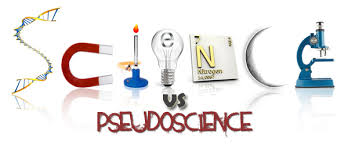Occasionally big pharma provides really useful results. Checking on which studies are valid by trying to replicate them in order to search for new drugs shows most published research is nonsense.
How Reliable Are Cancer Studies?
Atlantic Magazine, Ed Yong, 18 Jan 2017
A project that tried to reproduce the results of 50 landmark papers turned into an arduous slog—and that’s a problem in itself.
In 2011, Bayer Healthcare said that its in-house scientists could only validate 25 percent of basic studies in cancer and other conditions. (Drug companies routinely do such checks so they can use the information in those studies as a starting point for developing new drugs.) A year later, Glenn Begley and Lee Ellis from Amgen said that the firm could only confirm the findings in 6 out of 53 landmark cancer papers—just 11 percent. Perhaps, they wrote, that might explain why “our ability to translate cancer research to clinical success has been remarkably low.”
